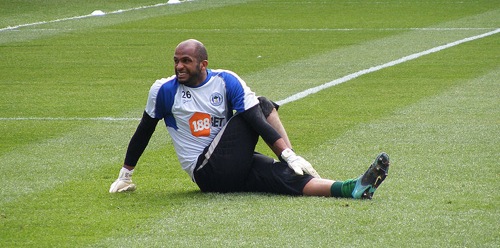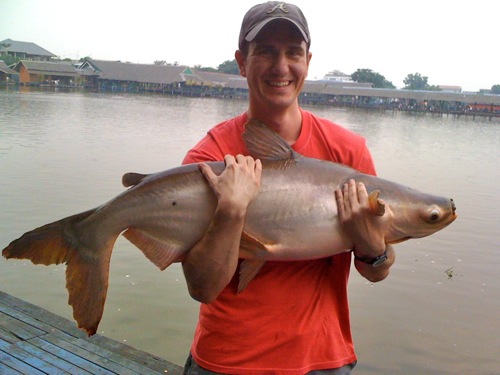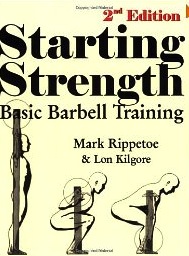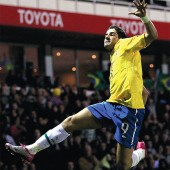
Given my obsession with interest in soccer and goalkeeping, I would be remiss if I failed to point out a story in today’s New York Times on Asian goalkeepers.
From the lede:
Two years ago, Park Ji-sung grabbed headlines when he became the first Asian to play in a Champions League final.
Asian players like Park, a midfielder, and Atsuto Uchida, a Japanese defender with the German team Schalke 04, which United beat in the semifinals, are not the rarity they once were. They can be found playing in all positions in the major leagues of Europe, except one: goalkeeper.
That situation may be starting to change, albeit slowly.
A few thoughts:
- Ali Al Habsi (pictured above), of Oman and the English Premier League’s Wigan Athletic, is cited as one of the few Asian goalkeepers who is playing in one of Europe’s top leagues. And while Asian goalkeepers’ shorter height is mentioned as a factor holding some back, Al Habsi’s stature isn’t mentioned. He’s roughly 6’4″ tall, and is about as non-diminutive as you can get.
- I imagine that language is another a challenge. Non-English speakers playing in the outfield who can’t talk to their teammates aren’t as hindered as a goalkeeper who can’t communicate with his defenders.
- If memory serves, the authors of the excellent 2009 book Soccernomics
((The full title is: Soccernomics: Why England Loses, Why Germany and Brazil Win, and Why the U.S., Japan, Australia, Turkey–and Even Iraq–Are Destined to Become the Kings of the World’s Most Popular Sport.)) point out that European soccer managers are not rewarded for making unconventional decisions regarding players and managers.
Thus, suppose a manager were to recruit a Japanese or Korean goalkeeper who has all the tools needed to succeed. If the goalkeeper fails, the manager is likely to be blamed for trying something different. Better to stick with a British or northern European goalkeeper, then, since conventional wisdom says they’re better suited to the English game. That way, if the player doesn’t pan out, the boss won’t be blamed for his crazy ideas. It will simply be the player’s fault.
- Great to see the 21-year-old Thai goalkeeper Kawin Thamsatchanan, who plays for Bangkok’s own Muangthong United, getting a shout out. You can see him in action in this YouTube compilation.
(Image: Ali Al-Habsi, via Wikipedia.)



